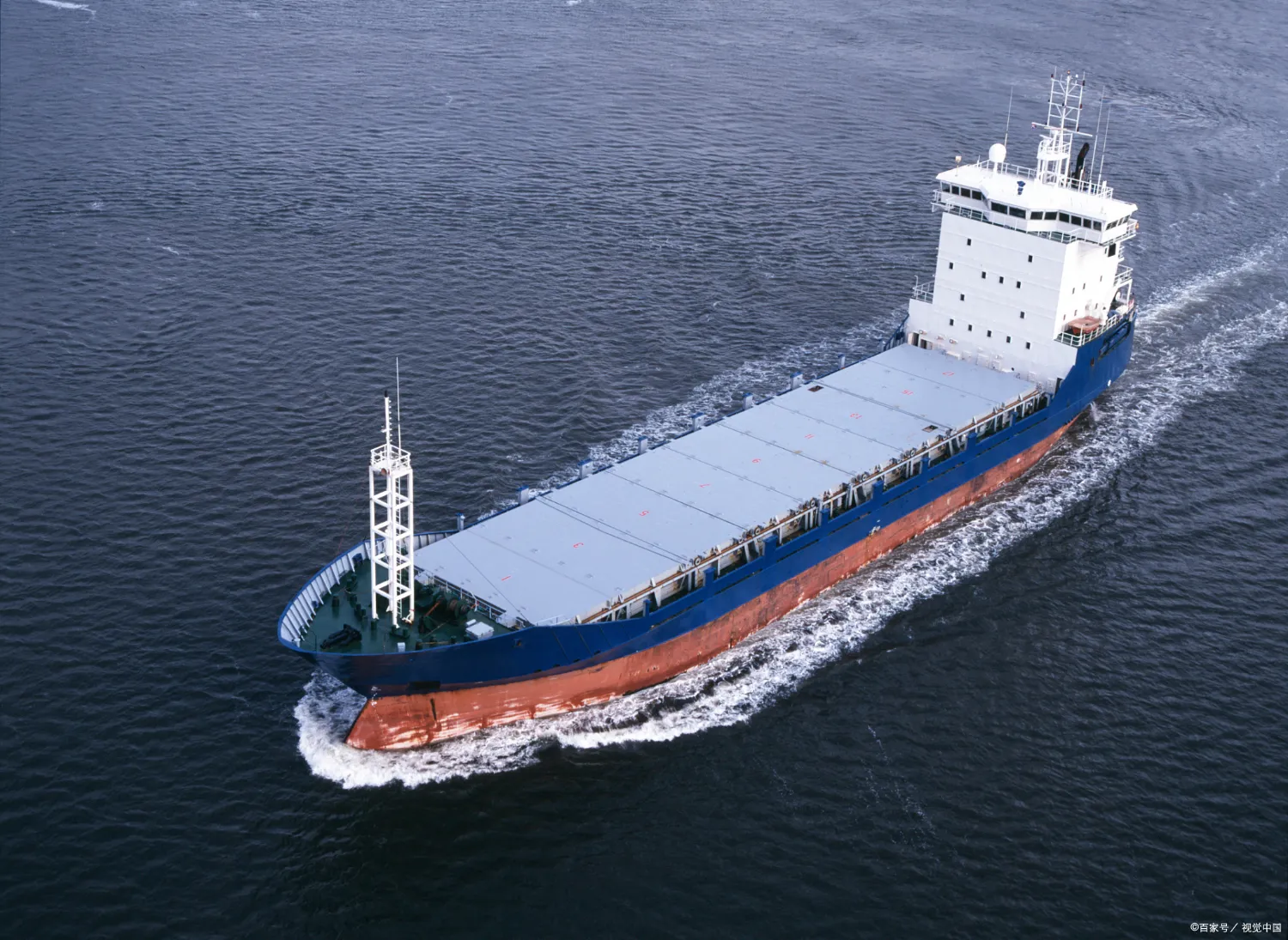
Specialize in Compression molds

Specialize in Compression molds
As the global shipping industry accelerates toward its zero-carbon transition, the International Maritime Organization (IMO) has set an ambitious goal: reduce greenhouse gas emissions by 50% by 2050 compared to 2008 levels. To achieve this, zero-emission cargo ships powered by batteries, hydrogen, or ammonia will define the future of maritime transportation.
However, traditional steel-based vessels face severe limitations. Heavy self-weight, frequent maintenance, and poor efficiency hinder their compatibility with new energy systems. This is where composite materials—enabled by technologies such as compression molding, SMC mold, BMC mold, and FRP tooling—bring transformative advantages.

Advanced composites such as GFRP (Glass Fiber Reinforced Plastics) and CFRP (Carbon Fiber Reinforced Plastics) deliver unmatched benefits:
Composite materials also play key roles in propulsion and storage systems:
At Zhejiang MDC Mould Co., Ltd., we specialize in high-precision tooling for marine composites. Our portfolio includes SMC molds, BMC molds, compression molds, hot press molds, and FRP tooling, enabling scalable production of large and complex parts such as:
By combining expertise in compression molding with advanced materials, MDC ensures efficient, durable, and cost-effective production solutions for the next generation of ships.
With continuous innovations in composite materials and molding technologies, costs are expected to fall significantly by 2030. This will make composite vessels increasingly competitive with traditional steel or aluminum ships.
By 2030, composite-based cargo vessels are forecast to represent 40% of inland shipping and 25% of coastal fleets. As a leader in composite mold technology, MDC is committed to supporting global shipbuilders in achieving IMO’s 2050 decarbonization goals.
Contact US
Email: master@zjmdc.com
Tel: +86 576 84616076
Fax: +86 576 84616079
Mobile: +86 13906573507(Mr. Wang)
Address: No.116 mochuang road, Huangyan Xinqian street,Taizhou,Zhejiang,China